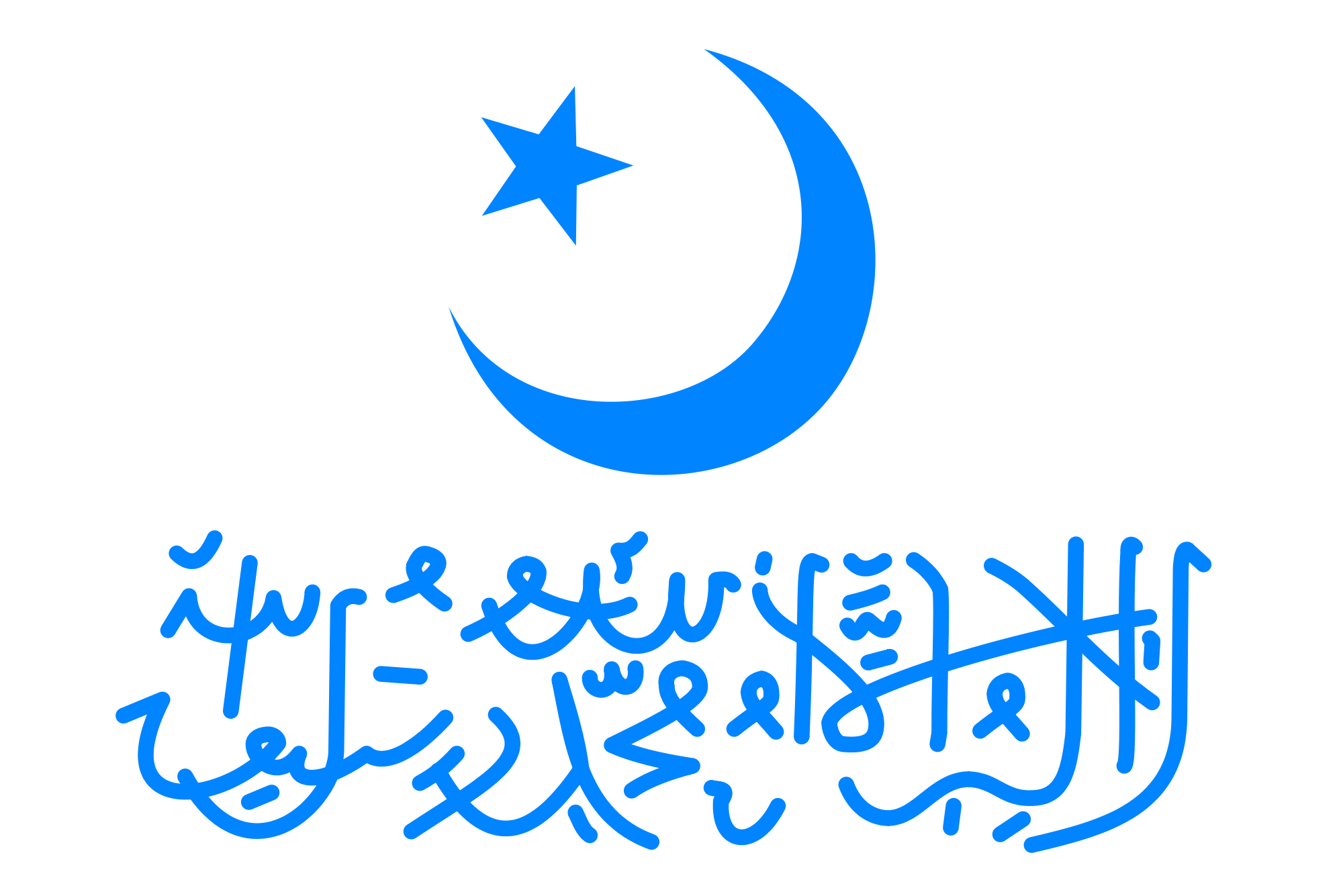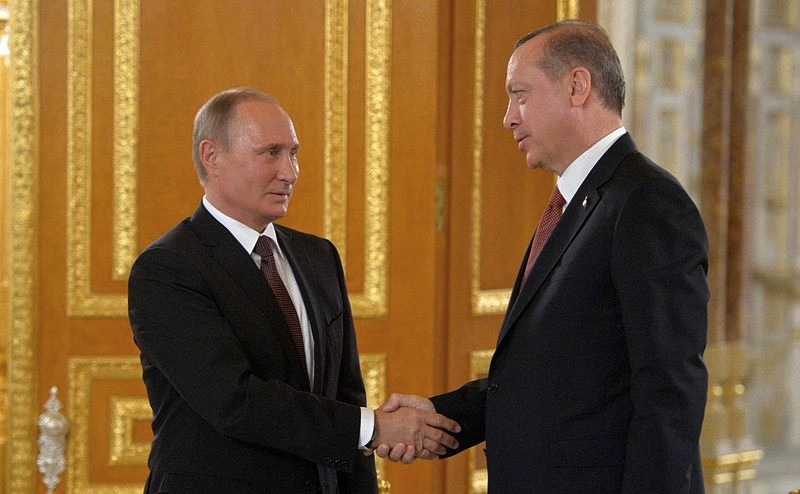China is home to about 20 million Muslims, a large portion of which are Uighurs, a Turkic ethnic group residing in parts of Eastern and Central Asia. Many Uighurs live in the Xinjiang region, lands which have been under the control of various ethnic groups over the centuries and where ownership claims are disputed to this day. Serious accusations have arisen concerning China’s treatment of Muslim Uighurs in Xinjiang, with groups such as Amnesty International claiming that Uighurs have faced systematic and extensive human rights violations. The Chinese government points to the multiple violent attacks perpetrated by Uighur separatist groups as justification for increased security and scrutiny aimed at Muslims in the region. Thailand’s recent decision to forcibly deport 109 Uighur migrants back to China has faced condemnation from the U.N., Washington and human rights groups and brought the issue of China’s ethnic tensions to the forefront.
 What is now known as Xinjiang came under Chinese rule in the 18th Century, however for a brief period from 1933 to 1934 the Uighurs gained independence and East Turkestan was declared a state. East Turkestan was subsequently annexed and Xinjiang officially became part of Communist China.
What is now known as Xinjiang came under Chinese rule in the 18th Century, however for a brief period from 1933 to 1934 the Uighurs gained independence and East Turkestan was declared a state. East Turkestan was subsequently annexed and Xinjiang officially became part of Communist China.
The region is rich in natural resources, boasting China’s largest deposits of oil, natural gas and coal. It is also comparatively underdeveloped and sparsely populated, therefore the arrival of major development projects attracted many young and skilled Han, China’s largest ethnic group, to Xinjiang’s big cities. Uighurs claim that the Han are disproportionately given higher paying jobs which serves to fuel their resentment. The percentage of ethnic Han Chinese in Xinjiang has grown as a result, from six percent in 1949 to 40 percent at present, however Uighurs still consider Xinjiang their homeland and comprise around 45 percent of the population today.
With the collapse of the Soviet Union and the emergence of independent Muslim states in Central Asia, support for separatist groups increased in the 1990s. Unlike other states that gained their independence, Uighur activists and demonstrators were suppressed by the Chinese government and eventually forced to go underground. The situation changed dramatically in 2009, when some 200 people were killed in large-scale ethnic rioting in the region’s capital, most of the victims of which were Han Chinese. Many attribute these violent attacks to China’s policies of repression, specifically the curbs on legitimate religious practices and the state education system that has eliminated the use of the Uighur language, contributing to the alienation of the Uighurs.
Further violent attacks against the Hans in 2014 spurred the government’s yearlong “strike hard” campaign on what China describes as “terrorism driven by religious extremists”. This included the censoring of prayers, closing of Islamic schools, and the banning of certain religious dress. Continuing the policies into 2015, the region’s top party official said that religion must be “sinicized” in order to serve the unification of the country. Before the holy month of Ramadan began, official notices published on government websites demanded Uighur party members, civil servants, teachers, and students forgo fasting. The Chinese government said accusations in the Western media stating religious rites had been banned in Xinjiang province this Ramadan were “completely at odds with the facts”.
The government has previously linked Uighur separatists with al-Qaeda, and recently accused a group who had fled China of attempting to join terrorist groups in the Middle East. Chinese officials believe that Uighurs are being given Turkish identity papers and then taken to Turkey where some are sold to fight for groups like ISIS as “cannon fodder”. Western countries have been reluctant to give support due to doubts over the credibility of China’s claims.
The 109 Uighurs Thailand’s junta government forcibly returned “self-identified as Turks, expressed fear of being sent to China and expressed the strong desire to go to Turkey,” said the Bangkok-based spokesperson for the U.N. refugee agency. The Chinese again claim some of the Uighurs were on their way to participate in jihad in Syria and Iraq.
By delivering the Uighurs into the hands of their persecutors, where they are unlikely to receive a fair trial, Thailand contravened international law. The U.S State Department echoed these concerns, stating “we strongly urge the government of Thailand, and other governments in countries where Uighurs have taken refuge, not to carry out further forced deportations of ethnic Uighurs,”.
Thailand’s forced return is even more shocking considering that Turkey, where many Uighur refugees already reside, was willing to accept the 109 migrants. Hundreds of protestors gathered outside the Chinese consulate in Istanbul where some were pictured burning the Chinese flag and holding banners, one of which said “Turkey save your Brother-China get out from East Turkestan”. Thailand currently holds another 50 Uighur migrants awaiting their nationalities to be verified. With China as its second biggest trading partner, Thailand’s decision is likely to be swayed by its influence.
The debate over which ethnic group can lay claim to the region as its homeland is complex and unlikely to be resolved in the near future. Issues that can be mended involve the fair and equal treatment of the Uighurs and the freedom to practice their religion. The attacks in recent years have been the result of radicalization, but it is the Chinese policies which aim to ban religious expression and strip away Uighurs cultural identity that have pushed them out of mainstream Islam. Thailand violated international laws, owing to its close relationship with China, and sent a message to other Uighurs hoping to escape, that there is no place they will find refuge.






